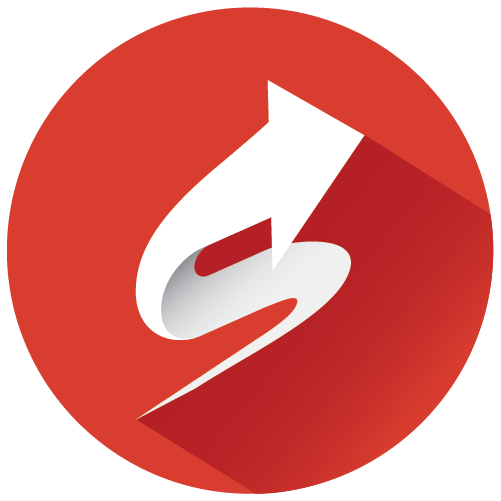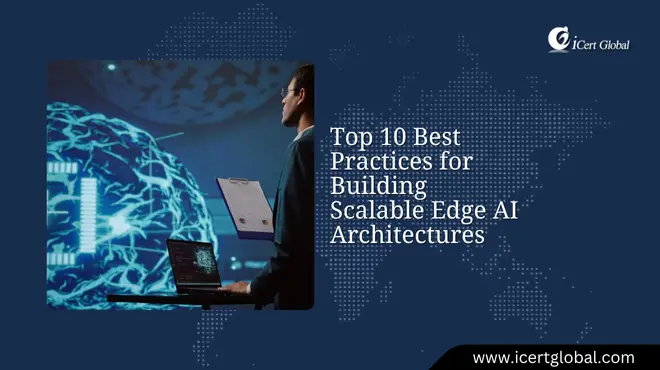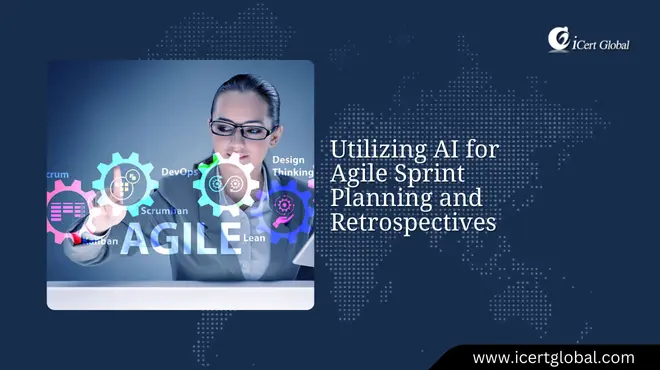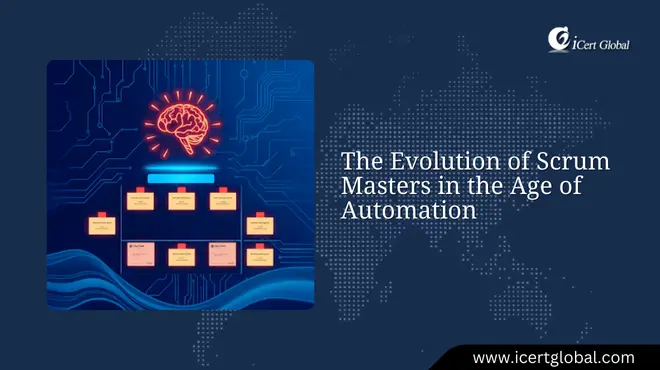1. INTRODUCTION TO AGILE AND SCRUM
1.1. Why Agile?
1.2. Traditional Development
1.3. Problems with traditional software development
1.4. Usage of features in a system
1.5. Makings of a new approach
1.6. Agile Manifesto
1.7. Principles behind the Agile Manifesto
1.8. Authors of the Agile Manifesto
1.9. Agile Project Management
1.10. Agile Project Management Life-cycle
1.11. Agile Project Management Framework
1.12. APM Framework
1.13. What is Scrum?
1.14. Certified Scrum Master
1.15. Professional Scrum Master
1.16. PMI-ACP
2. AGILE METHODOLOGIES
2.2. Agile Methodologies
2.3. Crystal
2.4. 7 Project Properties in Crystal
2.5. Samples of Crystal
2.6. Feature-Driven-Development
2.7. Roles in FDD
2.8. Processes in FDD
2.9. Project tracking in FDD
2.10. Project tracking methodology
2.11. FDD usage guidelines
2.12. Dynamic Systems Development Methodology (DSDM)
2.13. Planning in DSDM-Atern
2.14. DSDM Principles and techniques
2.15. eXtreme Programming
2.16. XP Values
2.17. XP Practices
2.18. XP Benefits
2.19. Agile Unified Process
2.20. Agile Unified Process (AUP)
2.21. Agile Unified Process – System Development
2.22. Scrum
2.23. Scrum Life-cycle
3. SCRUM ROLES
3.2. Stakeholders
3.3. Chicken and Pig roles
3.4. Management of stakeholders
3.5. Scrum life-cycle
3.6. Product Owner
3.7. Product Owner’s role
3.8. Prioritization
3.9. Cost-Benefit Analysis
3.10. Prioritization based on Value and Risk
3.11. Prioritizing requirements - MoSCoW
3.12. Prioritizing requirements – Kano Model
3.13. Prioritizing requirements – Relative weighting method
3.14. Scrum life-cycle
3.15. Scrum Master
3.16. What does a Scrum Master Do
3.17. What the Scrum Master Should NOT do
3.18. Scrum life-cycle
3.19. The team – aka Developers
3.20. Building a Scrum team
3.21. Building empowered teams
3.22. Role of a Manager
3.23. Manager 2.0: A new role for a Manager
3.24. Some specialist roles you may want
4. SCRUM CEREMONIES
4.2. Time-boxing
4.3. Advantages of time-boxing
4.4. Time-boxing
4.5. Release
4.6. High-level view of a release
4.7. Sprints
4.8. Factors in selecting a Sprint duration
4.9. Intensity of work
4.10. No changes in a Sprint
4.11. Daily Scrum
4.12. Sprint Review
4.13. Also check during a review
4.14. Sprint Retrospective
4.15. What is a Sprint Retrospective
4.16. Making retrospectives effective
4.17. Making retrospectives effective
5. SCRUM ARTIFACTS
5.2. Product backlog
5.3. Product, release and sprint backlog
5.4. User story
5.5. Story card information
5.6. Multiple stories may be required to complete a feature
5.7. Epics
5.8. Writing good stories
5.9. Splitting user stories
5.10. Splitting user stories (big picture)
5.11. Splitting user stories (user experience)
5.12. Splitting user stories (Others)
6. SCRUM BEST PRACTICES
6.2. Refactoring
6.3. Pair programming
6.4. Continuous integration
6.5. Practices of continuous integration
6.6. Configuration management
6.7. Quality in Agile
6.8. Scrum Quality – Home truths
6.9. Planning for a Sprint
6.10. Test-driven development
6.11. Test-driven development
6.12. Advantages of TDD
6.13. Definition of “Done”
7. SCRUM PLANNING
7.2. Principles behind Agile planning
7.3. Iterations allow for mid-course corrections
7.4. Multiple levels of planning
7.5. Release planning
7.6. Steps to planning a release
7.7. Release Planning
7.8. Velocity
7.9. Sprint planning
7.10. Velocity driven sprint planning
7.11. Commitment driven sprint planning
7.12. Planning for each story
7.13. Keep in mind before finalizing the plan
8. SCRUM ESTIMATION
8.2. Principles behind Scrum estimation
8.3. Estimation techniques
8.4. Types of estimates
8.5. Uncertainty in estimates
8.6. Over-estimation and under-estimation
8.7. What contributes to size
8.8. Measures of size
8.9. Ideal days
8.10. Story points
8.11. Estimation techniques – Planning poker
8.12. Affinity estimation
8.13. Affinity estimation - process
9. MONITORING SCRUM PROJECTS
9.2. Monitoring Scrum Projects
9.3. Definition - Metrics
9.4. Types of metrics
9.5. Metrics do’s and don’ts
9.6. Charts in Scrum
9.7. Burn-down chart: Iteration level
9.8. Burndown chart: Project level
9.9. Burndown chart: Bar style
9.10. Burn-up and Burn-down chart
9.11. Cumulative Flow Diagram
9.12. Parking lot diagram
9.13. Escaped defects found
9.14. Velocity chart
9.15. Progress Chart
9.16. Niko Niko calendar
9.17. Information radiators
9.18. Information radiators: Big visible charts
9.19. Information radiators
10. SCRUM – ADVANCED CONCEPTS
10.2. Scrum on large projects
10.3. Scrum-of-Scrum
10.4. Product coordination teams
10.5. Scrum on maintenance projects
10.6. Distributed scrum teams
10.7. Best practices in distributed scrum
10.8. Structure-1: Team in India; PO in US
10.9. Structure-2: Team split in two locations
10.10. People practices in distributed Scrum
10.11. Practices in distributed scrum
10.12. Practices in distributed scrum
10.13. Scrum-Contracting
10.14. Fixed Price/fixed scope
10.15. Scrum in fixed price projects
10.16. Transitioning a team/project to Scrum
10.17. Transitioning a team/project to Scrum
































